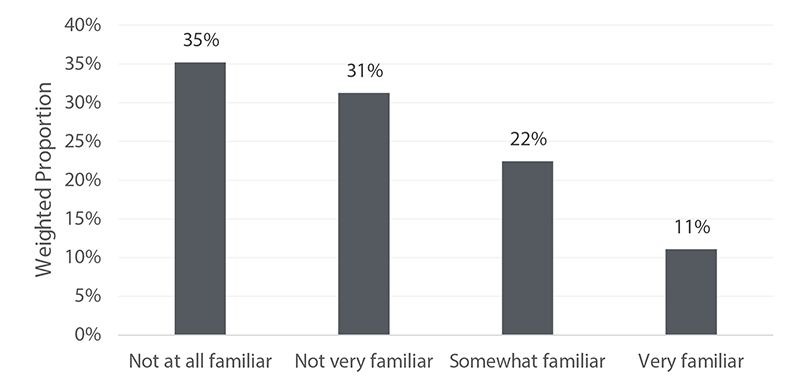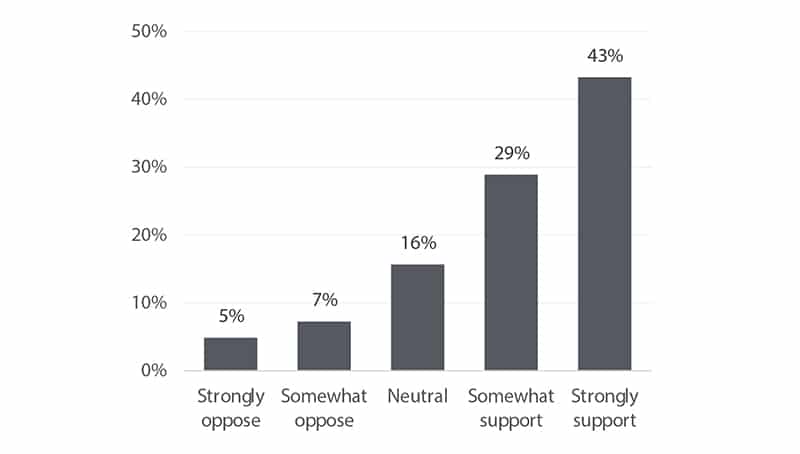Purdue study shows Americans have surprising differences in opinions based on political leanings. Find out how this impacts you and what consumers really prioritize.
The June 2024 Consumer Food Insights (CFI) Report indicates that the U.S. public has limited awareness of the farm bill being debated on Capitol Hill. This report, based on a survey conducted by Purdue University’s Center for Food Demand Analysis and Sustainability (CFDAS), examines various aspects including food spending, consumer satisfaction, values, and support for agricultural and food policies.

“Around one-third of American adults have never heard of the bill, while a similar proportion has heard of the bill but do not know what programs it supports,” Purdue agricultural economics professor Joseph Balagtas said in a Purdue news release. “The farm bill encompasses hundreds of millions of dollars and touches every part of the food system.”
The survey, which included responses from 1,200 U.S. consumers, also explored their attitudes toward the farm bill based on their political ideologies—liberal, moderate or conservative. Researchers asked respondents to rank six policy areas in order of priority, reflecting the CFI’s sustainable food purchasing index subindicators.
When it comes to grocery shopping, consumers prioritize taste, affordability and nutrition. However, for the farm bill, they ranked affordability and nutrition highly, but not taste.
“While consumers do not rank environmental sustainability as important in their food shopping, they do prioritize it in the farm bill,” Balagtas explained.
Despite differences in personal purchasing behavior, many consumers believe that addressing climate and environmental issues is important at the policy level. Most American adults support both farm subsidies and food and nutrition assistance, such as SNAP benefits, showing bipartisan support.
Elijah Bryant, a survey research analyst at CFDAS, pointed out that inflation expectations vary by political ideology.
“Those with liberal views estimate and predict lower food inflation than moderate and conservative consumers,” he said. “Conservative consumers estimated that food prices had increased almost twice as much as liberal consumers in June 2024.”

Food insecurity saw a slight rise to 13% in June, with higher SNAP usage reported among liberals (20%) compared to moderates (17%) and conservatives (13%). Bryant commented, “The correlation between SNAP use and political leanings aligns with the degree of support these groups show for government spending on food and nutrition assistance.”
The Sustainable Food Purchasing (SFP) index increased by two points to 72 from March 2024. Differences in food sustainability scores were noted across political affiliations, with liberals scoring higher in environmental, social, and nutritional sustainability.
Vegetarianism or veganism is more common among liberal consumers, who also tend to choose unconventional food items like cage-free eggs, plant-based proteins, and organic foods more often than moderates and conservatives.
“We see similarities among consumers of all political views in recycling and reducing waste,” Bryant said.
When it comes to beliefs about the food system and the environment, there are notable differences. A majority of liberal consumers believe that eating less meat is better for the environment and that agriculture significantly contributes to climate change, compared to fewer conservative consumers.
“Most consumers agree that local food is better for the environment, regardless of political leanings,” Bryant said.













